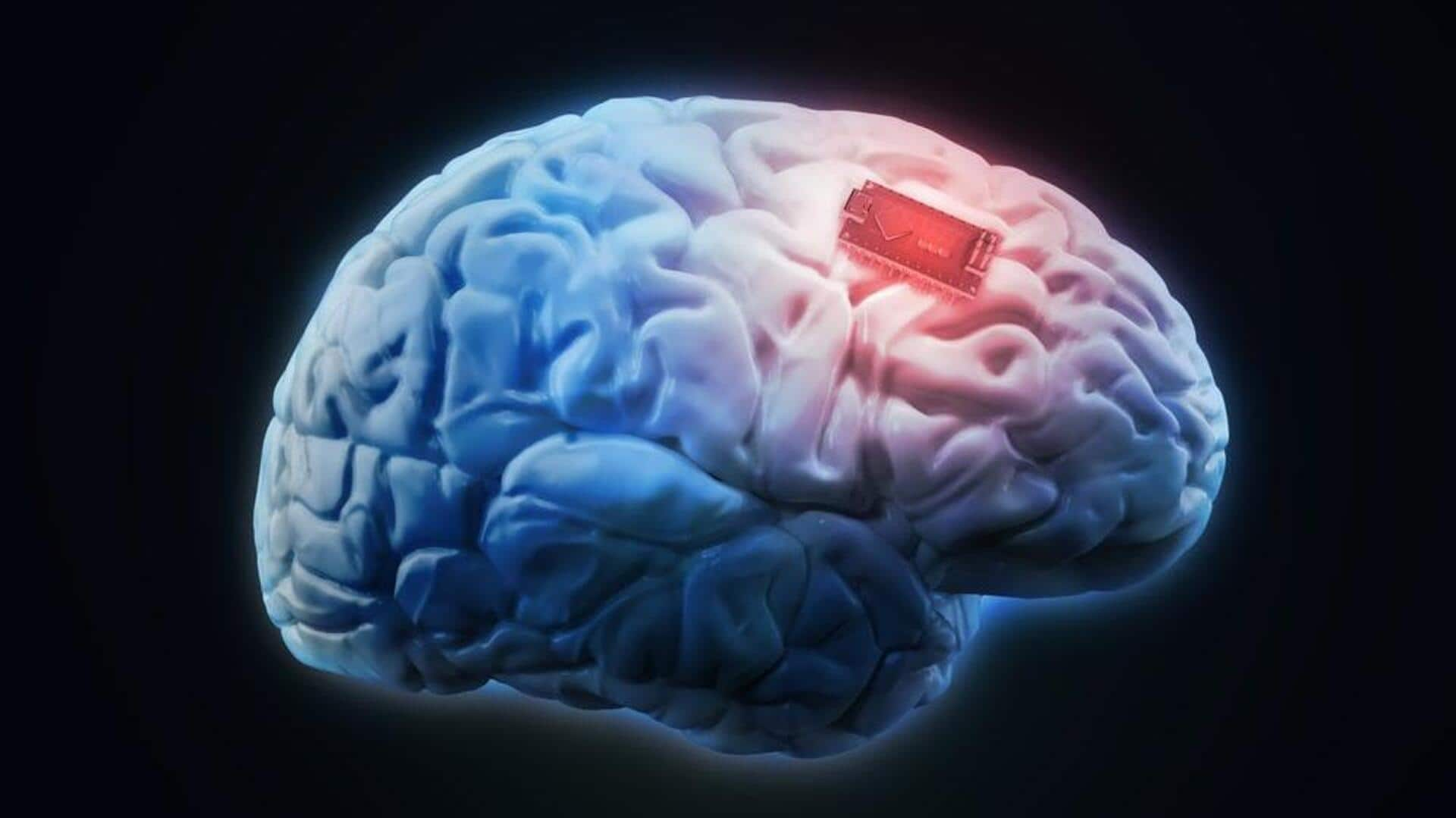
Scientists test graphene chip implant to revolutionize brain tumor surgery
What's the story
In a major development, a revolutionary device aimed at transforming the surgical treatment of brain tumors has entered its first clinical trial. The device, a brain chip made of graphene, can precisely identify cancer cells by detecting differences in their electrical emissions from healthy neural tissue. The technology is being tested at Salford Royal Hospital in the UK.
Pioneering technology
Graphene brain chip: A medical 1st
The graphene brain chip, which is no bigger than a postage stamp, is being touted as a medical first. "This is the first ever clinical trial to be performed anywhere in the world with a graphene-based medical device," said Kostas Kostarelos, a professor of nanomedicine at Manchester University and one of the team's leaders. The device was created by an international team of scientists looking to revolutionize the monitoring of electrical impulses from cells in the brain.
Versatility
Potential applications extend beyond cancer detection
The first use of the graphene brain chip would be to separate cancer cells from healthy ones, enabling highly accurate brain tumor surgery. But, that's not all. The team behind the device also believes it could help in studying other conditions like stroke and epilepsy by giving a better insight into how electrical signals are transmitted by healthy cells and those affected by disease.
Clinical milestone
Graphene brain chip: A breakthrough in neural decoding
Carolina Aguilar, co-founder of Inbrain Neuroelectronics, called the graphene brain chip a "clinical milestone that paves the way for advancements in both neural decoding and its application as a therapeutic intervention." The device stimulates the brain's cells with electrical signals and records their responses. This tech could potentially enhance surgical outcomes for patients with brain tumors in critical areas, such as those involved in speech.
Future implications
Graphene brain chip: A new era in neuroscience
The graphene chip's capability to detect a wide range of electrical signals in the brain—including those of very high and low frequencies—is noteworthy. This tech could offer new insights into what happens immediately after a person suffers a stroke or an epileptic fit. "The technology—which relies on graphene's remarkable properties—is going to help direct surgical interventions in the brain and also allow fundamental new understanding about how cells in our brain function and interact in a diseased state," said Kostarelos.